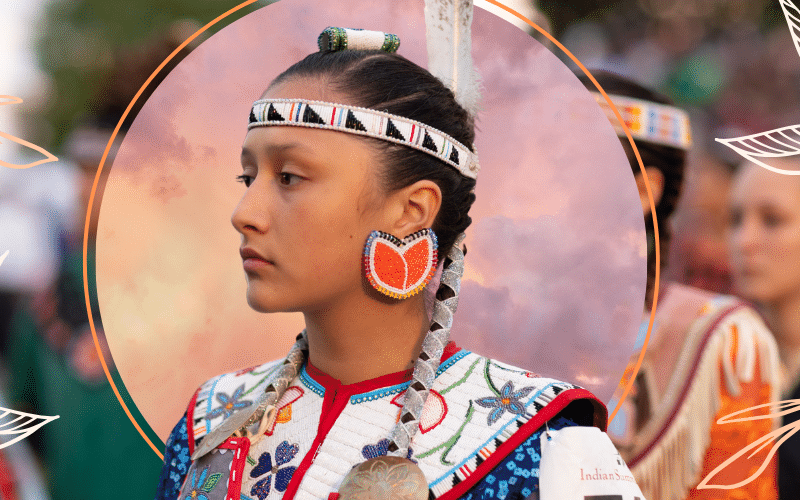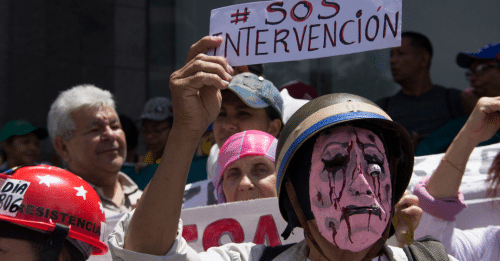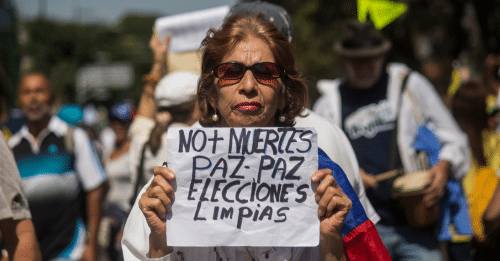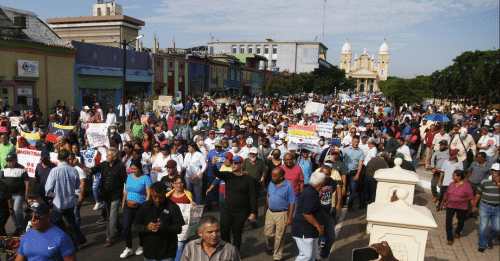Indigenous People Still Face Profound Injustice
Indigenous people have endured centuries of oppression, and the struggle continues to this day. Indigenous lands are exploited and sacred treaties ignored. Their story? It’s so much more than just survival. It’s a strong, ongoing fight against never-ending exploitation.

Human rights abuses are a day-to-day occurrence for Indigenous people. White-centric, racist and colonialist views, and traditions have made sure of that. Colonialism started with the European invasion, where they made sure to impose their religion, traditions, and ideals at all costs. In addition to the barbaric violence used for their colonial gains, they also brought a wide array of illnesses that killed millions of Indigenous people. The profound injustice began here with the almost total genocide of their people while taking their land and as much culture as they could from them.
The abuse of power, the remains of colonialism, and racism continue to impact the community. Some places like Canada and even more recently in the U.S., are still finding remnants of inhumane policies in the form of Indigenous children remains in government-founded schools.
White people in power stole Indigenous land and left them with next to nothing without ever making amends. The systemic oppression they face is ruthless and historical and it traces back thousands of years. More recently, government laws like the Indian Removal Act gave the authorization to move Indigenous people forcibly in the early 1800s. Many died in this process, and the colonizer’s heirs are still holding and benefiting from Indigenous lands to this day.
Even though treaties were written and signed to ensure Indigenous lands’ safety, well-being, and respect, the treaties are regularly violated. There are many examples where industries simply don’t take no for an answer and continue exploiting indigenous land for profit without care for the negative repercussions the tribe will have to deal with.
The Dakota Access Pipeline is a well-known example. The treaties are supposed to ensure “undisturbed use and occupation” of reservation lands but clearly, these have proven to just be words on paper and not much else.
And as usual, women suffer from another layer of injustices. Many Indigenous women around the world have been victims of coerced sterilization; an attempt to wipe out their heritage. This genocidal practice has existed for quite some time and has been forcibly imposed on Indigenous women and women of color since the medical practice was discovered in the late 1880s. For example, more than 2,000 poor Indigenous and campesino women were allegedly sterilized without their consent by state authorities in Peru in the 1990s.
Indigenous women are often victims of violence and kidnapping where they aren’t as likely to be found safely or have their cases resolved. Abigail Echo-Hawk, director of the Urban Indian Health Institute, found that native women are murdered at rates 10 times the national average. Indigenous women are brutally murdered annually yet research, media coverage, and authorities don’t give these cases the same prioritization as other cases of violence against women.
After generations of abuse and injustice, Indigenous people throughout North America are making gains in dismantling the system of oppression they are forced to live in and demanding their rights. For example, the first Indigenous Peoples March took place on January 18, 2019, with the primary goal of bringing awareness to the ever-growing list of injustices they’ve been subjected to.
One of the organizers of the march, Nathalie Farfan, is an Ecuadorian Indigenous woman who co-hosts the Latina feminist podcast Morado Lens and leads the La Brujas Club spiritual wellness community.
Many Indigenous leaders are now pointing out that apologies for the crimes against them aren’t enough. The reparations must begin, like returning the lands to their original owners. They’re actively working to gain justice for the crimes against Indigenous women, whether it be forced sterilizations or the disappearances of Indigenous women that go unnoticed. The United States and other North American and Latin American countries have an enormous debt to Indigenous people that must be paid.
While Columbus Day is still a federally recognized holiday, many states are moving to replace Columbus day altogether, or do not recognize it as a state holiday. Indigenous People’s Day is gaining momentum, which is a clear indication that Indigenous people are finally making some progress in getting a country that was founded on their mass murder and cultural erasure to recognize that they are the only original Americans, and everyone else is a descendant of immigrants living on stolen land.




